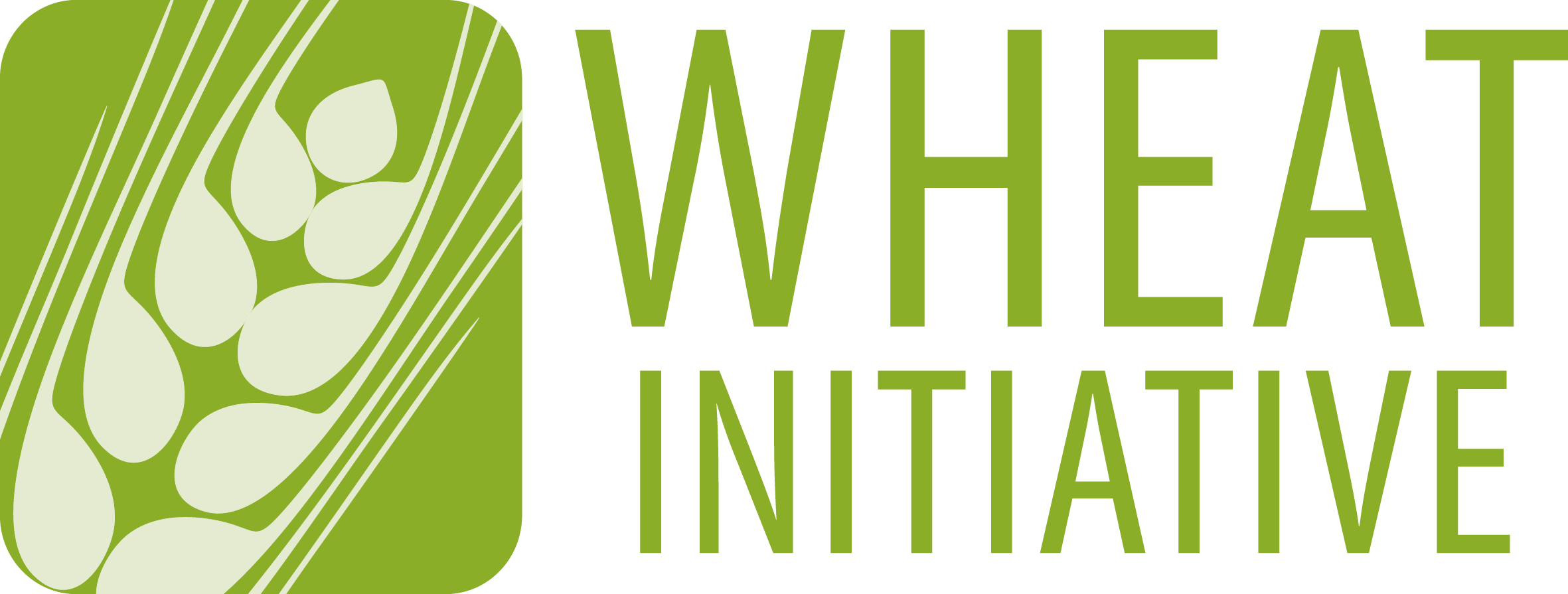Wheat 10+ Genomes Project Releases Reference Sequences of a Global Panel of Wheat Varieties
The Wheat Initiative is excited to announce a major milestone for wheat research. Today, the international team of scientists from the Wheat 10+ Genomes Project (https://www.10wheatgenomes.com) announced the public release of reference quality sequences of 10 wheat varieties, as well as scaffolded assemblies for five additional cultivars. The Wheat 10+ Genomes Project is a global partnership that leverages collaborative expertise and funding with the aim to characterize the wheat ‘pan genome’, with an emphasis on applied breeding. The partnership has generated multiple high-quality wheat genome assemblies of varieties representing breeding programs from around the globe.
“We are excited to release reference-quality assemblies of wheat cultivars representing major breeding programs globally,” said Curtis Pozniak, Professor and Wheat Breeder (University of Saskatchewan, Canada) and the project Leader. “The assemblies released today provide a glimpse into the extensive diversity available in adapted germplasm, and promise to accelerate the efficiency of our breeding programs. Our challenge now is to translate these technological advances into practical outcomes for the world’s wheat growers.”
The Project is an Associate Program of the Wheat Initiative, and represents an international collaboration comprised of researchers from Canada, Germany, UK, Australia, USA, Japan, Israel, Saudi Arabia and Switzerland, and industry partner Syngenta. A full list of project members is available here: http://www.10wheatgenomes.com/members/. Peter Langridge, Scientific Coordinator for the Wheat Initiative said, “the Wheat Initiative provides a framework to establish strategic research and organisation priorities for wheat research at the international level in both developed and developing countries. The 10 Genomes Project is an excellent example of coordination across leading research groups around the globe. Essentially every group working in wheat gene discovery, gene analysis and deployment of molecular breeding technologies will use the resource.”
Nils Stein from the Leibniz Institute of Plant Genetics and Crop Plant Research (IPK) and Göttingen University and project co-leader from Germany noted, “This project demonstrates the strength of the Wheat Initiative to facilitate a major international collaboration. As a result, we have achieved an outcome that was regarded as unachievable just a few years ago”.
Funding to support the 10+ Genomes project was critical to its success, and a full list of funders can be found here: http://www.10wheatgenomes.com/funders/. Head of Cereals Germplasm Development for Syngenta, Sjaak van der Ploeg stated, “Syngenta is a proud supporter and member of the 10+ Wheat Genomes Project. By expanding the available reference-quality genomes 10-fold, the results from this project will naturally extend our understanding of this complex genome, across varieties that feed the world today. At the same time, it will enable further collaborations across genetics, breeding and wheat biology, at a scale not previously possible.
The 10+ Wheat Genomes Project is community driven and supports the release of data to advance wheat science. As a public service, the preliminary chromosome-scale sequence assemblies are publicly available prior to scientific publication. The genome assemblies are freely available under the Toronto Agreement and can be found here: https://wheat.ipk-gatersleben.de. The scaffolded assemblies can be found at: https://opendata.earlham.ac.uk/wheat/under_license/toronto/Clavijo_2017-04-25_Wheat-LoLa/.
Seeds of all cultivars included in the project can be obtained for research use through the Germplasm Resources Unit in the UK, available as Collection 35 (https://www.seedstor.ac.uk/search-browseaccessions.php?idCollection=35).
